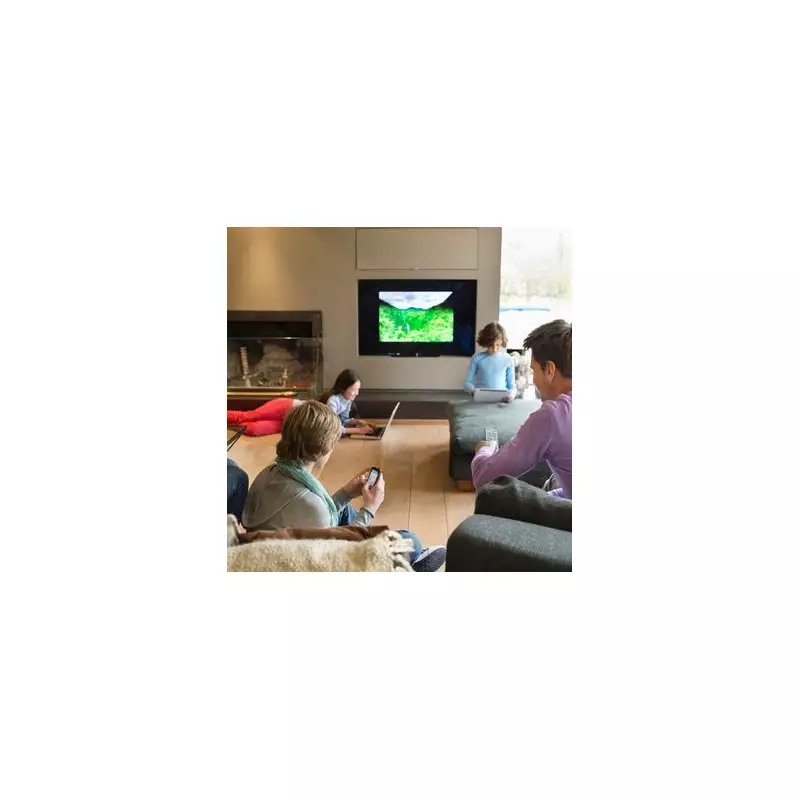
When one mother decided to take on a bold experiment – banning all screens for her four children for 30 days – she had no idea just how transformative the experience would be. What started as a simple challenge turned into a revealing journey about modern parenting, screen addiction, and the hidden benefits of going offline.
The Screen-Free Challenge
The mother, whose children range in age from 5 to 12, initially expected resistance when she announced the month-long digital detox. Like many families, her household had become increasingly reliant on screens for entertainment, education, and even relaxation. But she was determined to see how her kids would cope – and what they might discover in the process.
Unexpected Benefits
Within days, the children began finding creative ways to fill their time. Board games, outdoor play, and imaginative storytelling replaced the usual TV shows and video games. The mother noticed a significant improvement in their mood, concentration, and even sibling relationships.
"They were arguing less and collaborating more," she observed. "It was like they had rediscovered how to be kids."
The Challenges
Of course, the experiment wasn’t without its difficulties. The first week was particularly tough, with the children complaining of boredom and even withdrawal-like symptoms. The mother admitted there were moments when she questioned her decision, especially during rainy days when screen time would have been an easy distraction.
Lessons Learned
By the end of the 30 days, the family had gained valuable insights. The children had developed new hobbies, improved their social skills, and even slept better. The mother, too, realised how often she had defaulted to screens as a parenting tool.
Would they go back to screens? Yes – but with stricter limits and a newfound appreciation for balance.





